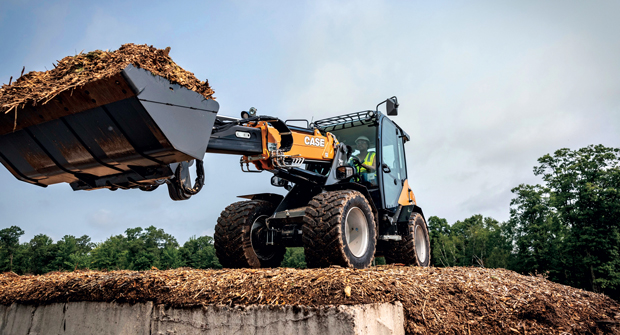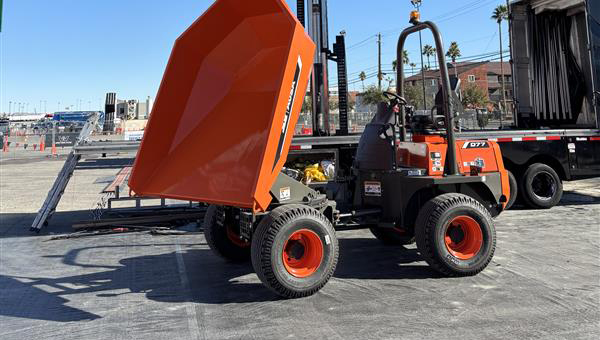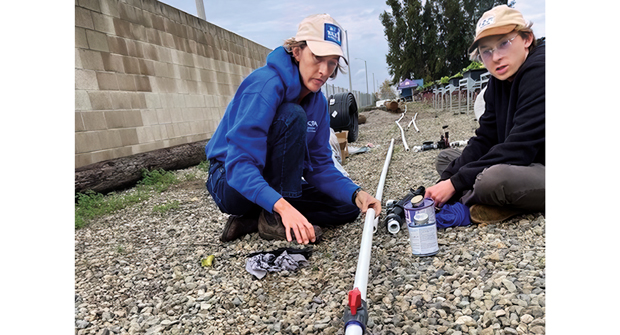With the rise in the cost of goods — from groceries to seeing a movie — it’s no surprise that compact equipment costs have also spiked in recent years.
Because of this, Ryan Anderson, product manager at Case Construction Equipment, says design/build contractors have been steadily gravitating toward renting.
“Equipment has been easier to source, but there is still a level of necessary planning ahead to make sure you get what you need and understand when you need it,” Anderson says.
Joe Haynes, president of Little Beaver in Livingston, Texas, a manufacturer of one-man earth drilling machines, including augers, extensions, blades and points, agrees.
“For equipment you don’t plan on or don’t need to use every day, renting rather than buying saves money,” Haynes says.
Anderson and Haynes offer their recommendations on how to navigate the compact equipment rental market and get the most bang for your buck.
What to know
For Anderson, the rental experience should start with some homework, including knowing the renters in your area and figuring out which one offers the equipment — and terms — that fit your business.
Once you locate your options, Anderson recommends looking at the location’s fleet size and inventory.
“Most rental locations these days have some form of online rental and a catalog. This makes life much easier as you can look up equipment availability when you choose,” he says.
From there, he says it’s important to understand the renter’s support offerings in case you need a fix on the job site. This, he says, is what can set one option apart from another, as most rental locations will have their equipment meticulously maintained on the lot.
“This has improved over the years with the adoption of telematics. But things happen,” Anderson says. “Machines fail or break. What resources does the rental location have or offer? Are there field technicians or do you have to bring the machine back to the shop to be repaired?”
More to think about
When you’re looking to rent a piece of compact equipment, Haynes says you need to have a good understanding of how long you’ll need that piece of equipment. Not only will the rental location need to be known, but it will also help you stay within budget on the project.
He adds that knowing as much as you can about the brand you are renting is an important part of the process.
“Think carefully about how you can get the most value out of the equipment you’re renting,” Haynes says. “Not all earth drills are made the same. Choosing which one to rent means analyzing the project you’re facing.”
Additionally, if the situation calls for it, he recommends renting a certain piece of equipment long-term.
He says this is a great way for small businesses that looking to expand services to test out different machines and attachments. It can also allow the contractor to use the machine to knock out several projects over the term of the rental.
What’s trending?
Anderson says he’s noticed a trend toward renting smaller compact equipment, such as mini-track loaders and small articulated loaders.
“They’re light and nimble, but with enough power to bring construction-grade muscle to small jobs,” Anderson says. “They’re less intimidating when compared to skid steers, compact track loaders and compact wheel loaders. They also come with a high level of versatility because of a wide variety of attachments.”


